Effectiveness of a school-based obesity prevention program on the BMI Z-score and body fat at 6 months in Mexican children: study protocol of a cluster randomized controlled trial
Effectiveness of a school-based obesity prevention program
DOI:
https://doi.org/10.18633/biotecnia.v25i3.2074Keywords:
school, prevention, oesity, lifestyle, randomized controlled trialAbstract
School-based obesity prevention programs show positive effects on obesity and lifestyle parameters. However, the most efficient way of implementing them is unknown. In Mexico, available studies present methodological limitations. The aim of this study is to evaluate the feasibility and effectiveness of a school-based obesity prevention program 1) implemented by advanced undergraduate nutrition and physical activity students, and 2) the same program implemented by schoolteachers and advanced undergraduate physical activity students, each compared to a control group of Mexican children. This study is a cluster randomized controlled trial. Children from several schools in Hermosillo, Sonora, Mexico will be invited to participate. The schools will be randomly assigned to one option: 1) the Planet Nutrition Program (PNP) delivered by advanced undergraduate nutrition and physical activity students, 2) PNP by schoolteachers, or 3) a control group. The intervention will consist of nutritional education and physical activity sessions for children and nutrition information for parents. The BMI Z-score, body fat, and lifestyle parameters will be evaluated at baseline and at 6 months. If successful, we expect that the program turns out a model for obesity prevention in this age group, with a potential for dissemination in Mexican schools.
Downloads
References
Aceves-Martins, M., López-Cruz, L., García-Botello, M., Gutiérrez-Gómez, Y.Y. and Moreno-García, C.F. 2021. Interventions to Prevent Obesity in Mexican Children and Adolescents: Systematic Re-view. Prevention Science. 563–586. doi:10.1007/s11121-021-01316-6.
Allaire J. 2011. R Studio.
Brown, T., Thm, M., Hooper, L., Gao, Y., Zayegh, A.., Elwenspoek M, Foxen SC, Magee L, O'Malley C, Waters E and Summerbell CD. 2019. Interventions for preventing obesity in children (Review). Cochrane Database of Systematic Reviews. doi:10.1002/14651858.CD001871.pub4.www.cochranelibrary.com.
Chan, A.W., Tetzlaff, J.M., Gøtzsche, P.C., Altman, D.G., Mann, H., Berlin, J.A., Dickersin, K., Hróbartsson, A., Schulz, K.F., Parulekar, W.R., Krleza-Jeric, K., Laupacis, A. and Moher, D. 2013. SPIRIT 2013 explanation and elaboration: guidance for protocols of clinical trials. BMJ (Clinical research ed.). 346, 1–42. doi:10.1136/bmj.e7586.
Consejo Nacional de Población (CONAPO), 2020. Índices de Marginación 2020. Gobierno de México. [Consultado 28 Febrero 2023]. Disponi-ble https://www.gob.mx/conapo/documentos/indices-de-marginacion-2020-284372
Currie, C., Inchley, J., Molcho, M., Lenzi, M., Veselska, Z. and Wild, F. 2014. Health Behaviour in School-aged Children (HBSC) study protocol: background, methodology and mandatory items for the 2013/14 survey. http://www.hbsc.org.
Diario Oficial de la Federación. (30/03/1981). Reglamento para la prestación del servicio social de los estudiantes de las instituciones de educación superior en la República Mexicana. Recuperado de: http://dof.gob.mx/nota_detalle.php?codigo=4634627&fecha=30/03/1981
Díaz-Zavala, R.G., Castro-Cantú, M.F., Valencia, M.E., Álvarez-Hernández, G., Haby, M.M. and Es-parza-Romero, J. 2017. Effect of the holiday season on weight gain: A narrative review. Journal of Obesity. 2017. doi:10.1155/2017/2085136.
Eldridge, S.M., Lancaster, G.A., Campbell, M.J., Thabane, L., Hopewell, S., Coleman, C.L. and Bond, C.M. 2016. Defining feasibility and pilot studies in preparation for randomized controlled trials: Development of a conceptual framework. PLoS ONE. 11 (3), 1–22. doi:10.1371/journal.pone.0150205.
Fernandez, M.E., Ruiter, R.A.C., Markham, C.M. and Kok, G. 2019. Intervention mapping: Theory-and evidence-based health promotion program planning: Perspective and examples. Frontiers in Public Health. 7 (AUG). doi:10.3389/fpubh.2019.00209.
Franckle, R., Adler, R. and Davison, K. 2014. Accelerated Weight Gain Among Children During Summer Versus School Year and Related Racial / Ethnic Disparities: A Systematic Review Data sources. Preventing Chronic Disease. 11 (12), 1–10.
Marfell-Jones M, Olds T, Stewart A and Carter L. 2006. International Standards for Anthropometric Assessment. ISAK, Editor. Potchefstroom, South Africa.
Murimi, M.W., Moyeda-Carabaza, A.F., Nguyen, B., Saha, S., Amin, R. and Njike, V. 2018. Factors that contribute to effective nutrition education interventions in children: A systematic review. Nutrition Reviews. 76 (8), 553–580. doi:10.1093/nutrit/nuy020.
NCD Risk Factor Collaboration. 2017. Articles Worldwide trends in body-mass index, underweight, overweight, and obesity from 1975 to 2016 : a pooled analysis of 2416 population-based measure-ment studies in 128 · 9 million children, adolescents, and adults. Lancet. 390, 2627–2642. doi:10.1016/S0140-6736(17)32129-3.
Léger LA, Mercier D, Gadoury C,and Lambert J. 1988. The multistage 20 metre shuttle run test for aerobic fitness. Journal of Sports Science. Summer;6(2):93-101. doi: 10.1080/02640418808729800.
Obesity Evidence Hub. 2021. Obesity trends in children globally. 2021. https://www.obesityevidencehub.org.au/collections/trends/children-global-context [Accessed: 20 November 2021].
El País. 2021. Universidades que imparten Deportes. https://elpais.com/especiales/2015/carreras-mexico/carrera/universidad/deportes.html.
Ramírez-Rivera, D.L., Martínez-Contreras, T., Henry-Mejía, G., Ruelas, A.L., et al. 2021a. Efecto de una intervención en línea de cambio en el estilo de vida sobre el puntaje zIMC de escolares mexicanos: protocolo de ensayo controlado aleatorizado piloto cegado a evaluadores durante la pandemia por COVID-19. Revista Española de Nutrición Humana y Dietética. 25 (2). doi:10.14306/renhyd.25.S2.1320
Ramírez-Rivera, D.L., Villegas-Valle, R.C., Martínez-Contreras, T., et al. 2021b. Preliminary results of the planet nutrition program on obesity parameters in Mexican schoolchildren: Pilot single-school ran-domized controlled trial. International Journal of Environmental Research and Public Health. 18 (2), 1–15. doi:10.3390/ijerph18020790
Ramírez, E., Valencia, M.E., Bourges, H., Espinosa, T., Moya-Camarena, S.Y., Salazar, G. & Aleman, H. 2012. Body composition prediction equations based on deuterium oxide dilution method in Mexican children: a national study. European Journal of Clinical Nutrition. (February), 1099–1103. doi:10.1038/ejcn.2012.89.
RJL Systems Inc. 2013. 33939 Harper Ave, Clinton Township, MI 48035. https://www.rjlsystems.com/products/quantum-ii/#section=description
Schaap, R., Bessems, K., Otten, R., Kremers, S. & van Nassau, F. 2018. Measuring implementation fidelity of school-based obesity prevention programmes: A systematic review. International Journal of Behavioral Nutrition and Physical Activity. 15 (1), 1–14. doi:10.1186/s12966-018-0709-x.
Shamah-Levy, T., Cuevas-Nasu, L., Rivera-Dommarco, J. & Hernández-Ávila, M. 2016. Encuesta Na-cional de Salud y Nutrición de Medio Camino 2016. (ENSANUT MC 2016). gob.mx/salud/documentos/encuesta-nacional-de-salud-y-nutricion-de-medio-camino-2016.
Shamah-Levy, T., Vielma-Orozco, E., Heredia-Hernández, O., Romero-Martínez, M., Mojica-Cuevas, J., Cuevas-Nasu, L., Santaella-Castell, J.A. & Rivera-Dommarco, J.Á. 2020. Encuesta Nacional de Salud y Nutrición 2018-19 Resultados nacionales. https://ensanut.insp.mx/encuestas/ensanut2018/doctos/informes/ensanut_2018_informe_final.pdf.
Singhal, J., Herd, C., Adab, P. & Pallan, M. 2021. Effectiveness of school-based interventions to prevent obesity among children aged 4 to 12 years old in middle-income countries: A systematic review and meta-analysis. Obesity Reviews. 22 (1), 1–39. doi:10.1111/obr.13105.
Universidad de Guadalaja. 2021. Pedirá AMFEN regular apertura de escuelas de Nutrición en México. 2021. http://www.cualtos.udg.mx/noticia/pedira-amfen-regular-apertura-de-escuelas-de-nutricion-en-mexico.
Urbaniak, G.C. & Plous, S. (2013) Research Randomizer (Version 4.0). http://www.randomizer.org/
Varni, J.W., Seid, M. & Kurtin, P.S. 2001. PedsQLTM 4.0: reliability and validity of the Pediatric Quality of Life InventoryTM Version 4.0 generic core scales in healthy and patient populations. Medical Care. 39 (8), 800–812. doi:10.1097/00005650-200108000-00006.
World Health Organization. 2012. Population-based approaches to childhood obesity prevention. https://www.who.int/dietphysicalactivity/childhood/WHO_new_childhoodobesity_PREVENTION_27nov_HR_PRINT_OK.pdf.
Woolcott, O.O. & Bergman, R.N. 2019. Relative fat mass as an estimator of whole-body fat percentage among children and adolescents: a cross-sectional study using NHANES. Scientific Reports. 9 (1), 1–14. doi:10.1038/s41598-019-51701-z.
World Health Organization (WHO). 2007. Growth reference 5-19 years. https://www.who.int/growthref/en/ [Accessed: 1 October 2019].
World Health Organization (WHO). 2018. Obesity and Overweight. 2018. https://www.who.int/news-room/fact-sheets/detail/obesity-and-overweight [Accessed: 10 October 2019].
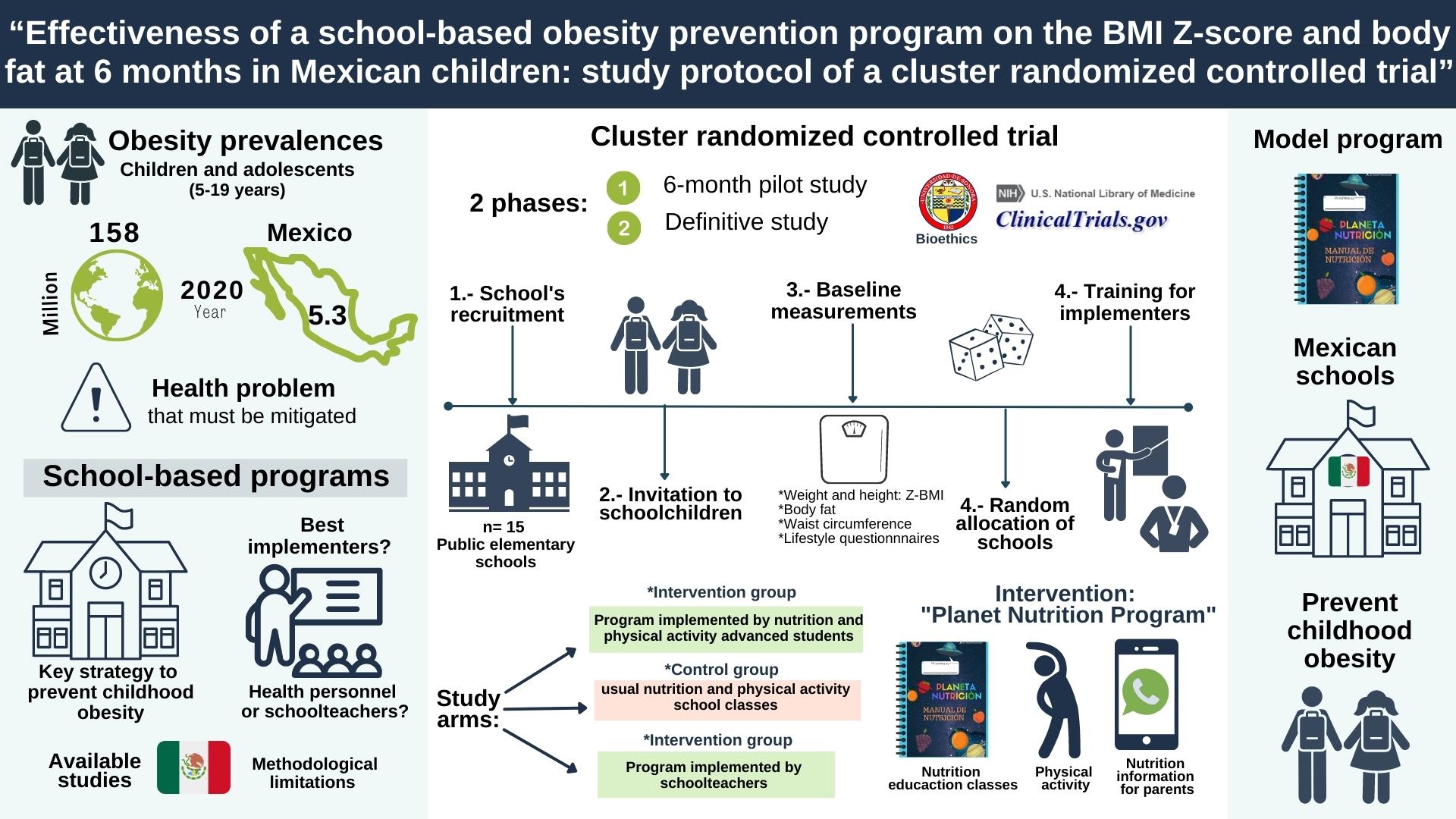
Downloads
Additional Files
Published
How to Cite
Issue
Section
License
Copyright (c) 2023

This work is licensed under a Creative Commons Attribution-NonCommercial-ShareAlike 4.0 International License.
The journal Biotecnia is licensed under the Attribution-NonCommercial-ShareAlike 4.0 International (CC BY-NC-SA 4.0) license.






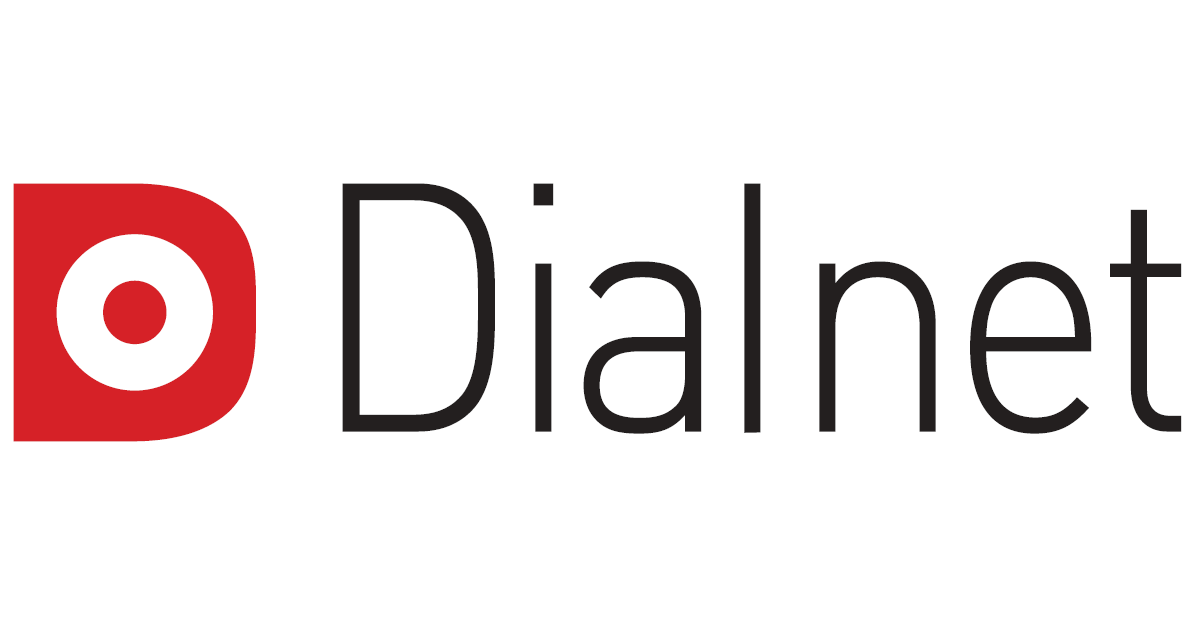

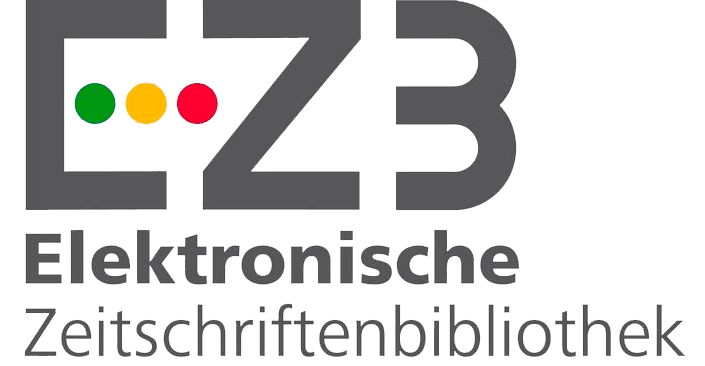


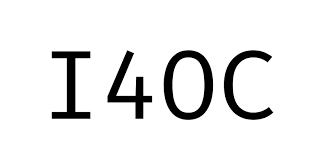


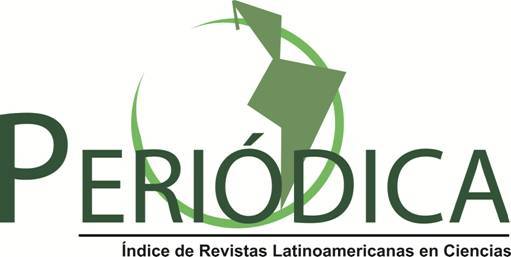

_(2).jpg)







